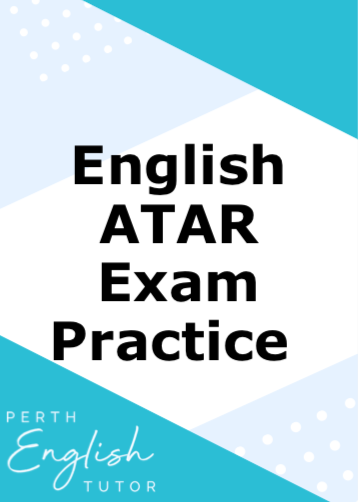A perspective is a position from which things may be viewed or considered. It refers to the lens through which we experience the world of the text being studied.
When we discuss the perspective – or multiple perspectives – offered by a text, we must consider the factors that have shaped that viewpoint. These contextual factors can usually be organised into four main types:
- Physical perspective
- Temporal perspective
- Psychosocial perspective
- Ideological perspective
1. Physical perspective refers to the location of the narrator, author or creator in regard to what they are sharing with us. The physical perspective relates to the physical senses, to our bodies, and to the material and natural environments.
2. Temporal perspective refers to the time frame through which something is being viewed. This is frequently a moment in the past, but can also be a moment in the present. When something is viewed in the past tense, the perspective may be that of someone who has had time to reflect. When something is in the present tense, the perspective may be less certain but more reactionary, emotional and immediate.
3. Psychosocial perspective refers to the personality, experiences and social background of a person. Someone’s perspective might generally be optimistic or pessimistic, nurturing or defensive, kind or cruel, innocent or experienced, open-minded or cynical, fortunate or tragic, privileged or under-privileged, etc. Their perspective might be shaped by the fact that they are a mother, father, widow, widower, grandparent, child, student, business owner, employee, war veteran, refugee, etc.
4. Ideology refers to the ways of thinking about the world that are characteristic of or in the interests of a particular group of people. An ideology is a system of beliefs.
Ideologies can be characteristic of nationalities, social classes, genders or occupational groups. For example, a patriarchal ideology constructs men as superior to women and seeks to promote laws, customs, behaviour, gender roles, texts and language that strengthen and maintain that ideology within a society. Feminism, on the other hand, is an ideology that believes women should be seen as the equal of men. Other well-documented ideologies that influence a person’s perspective include: colonialism, racism, socialism, capitalism, nationalism, and environmentalism. There are potentially many more.








